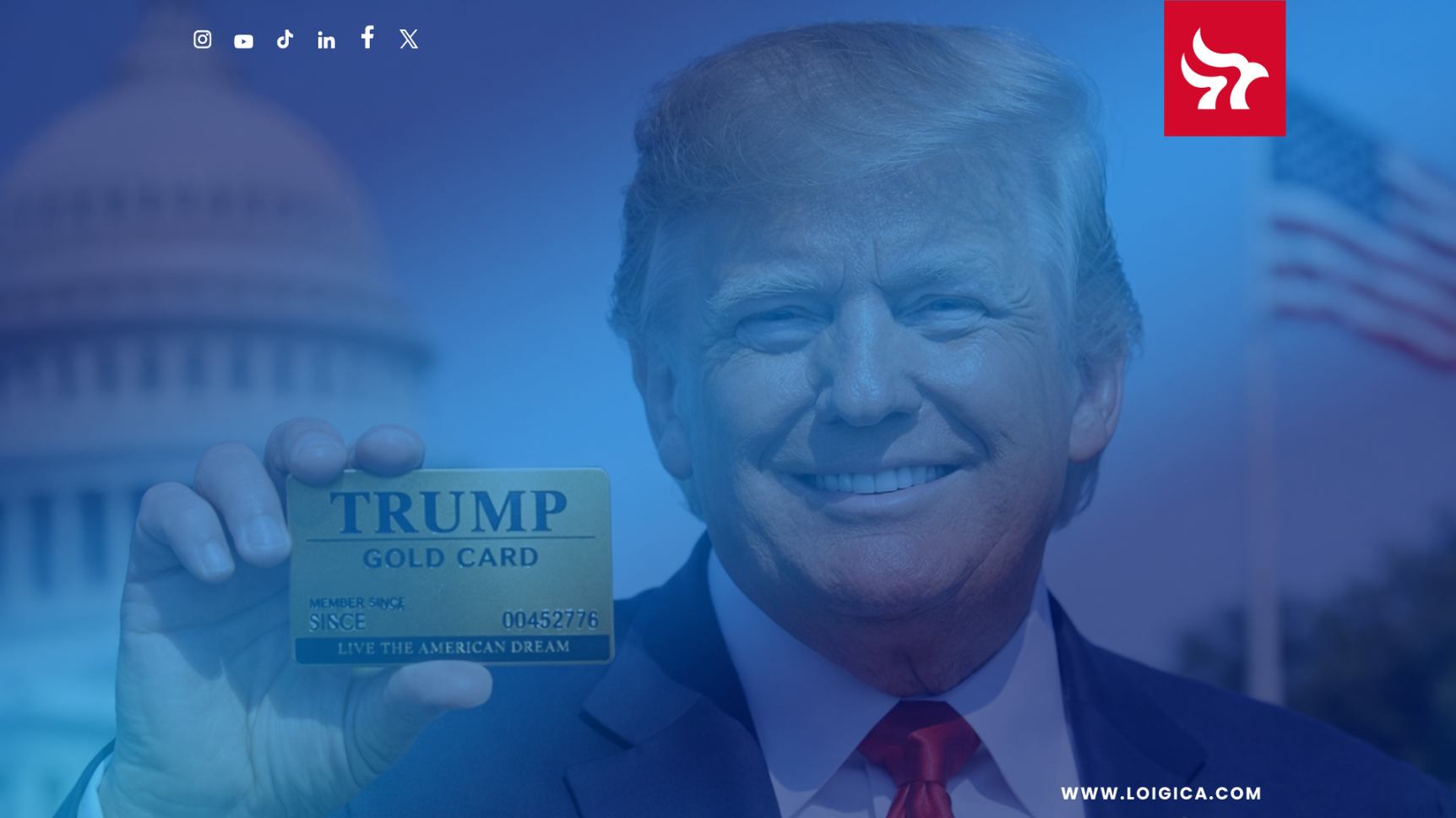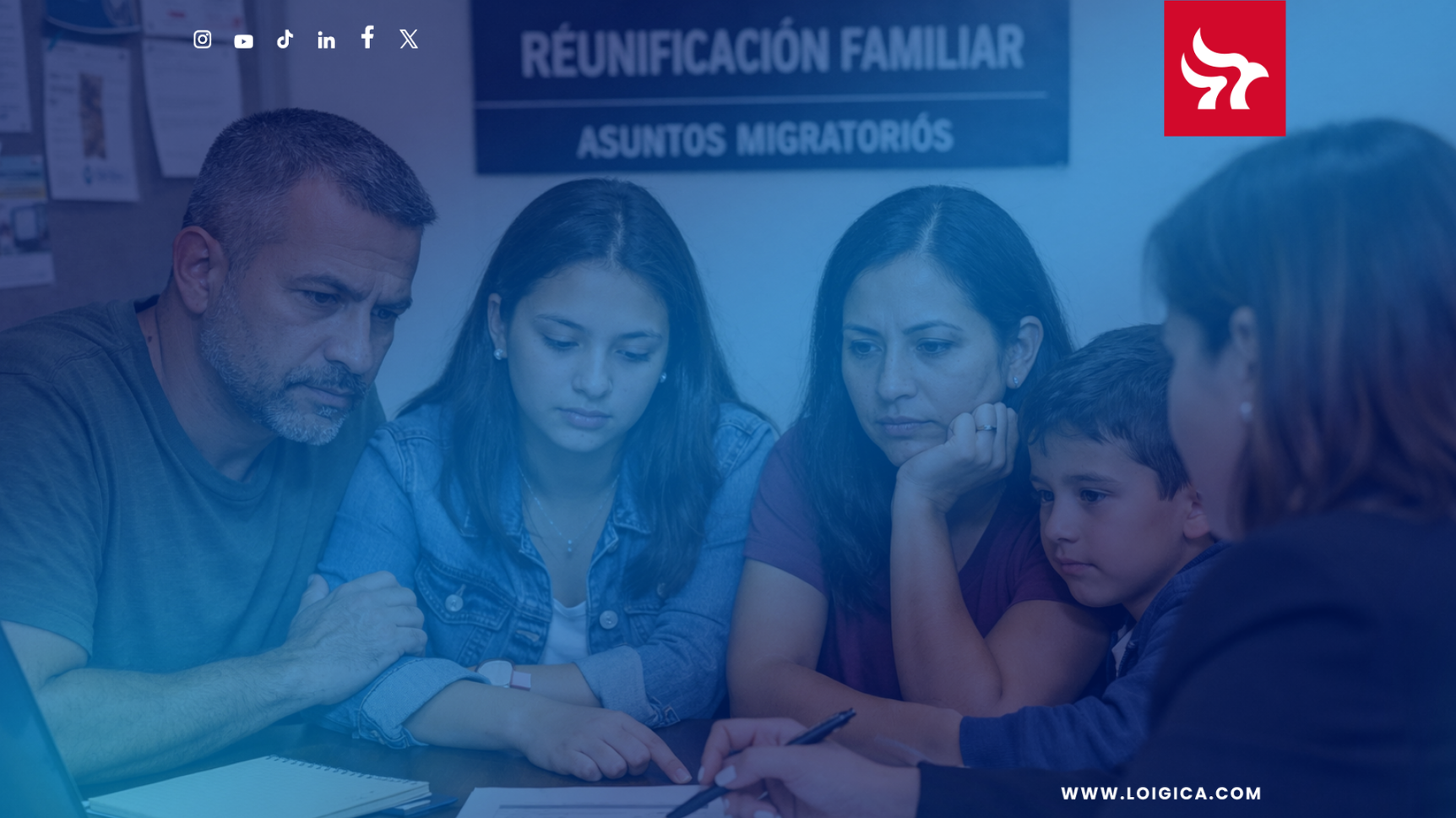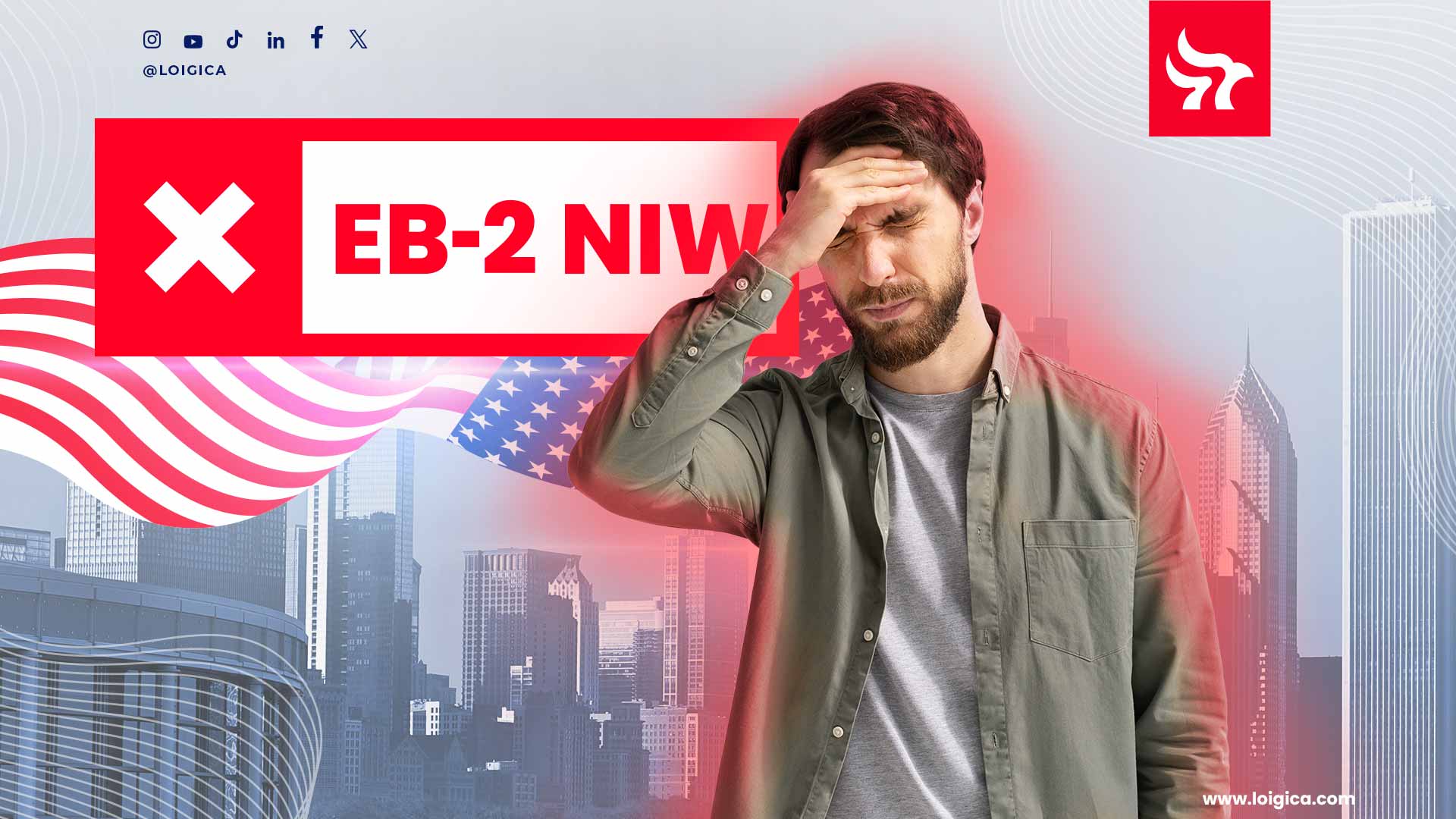NIW Petitions Denied: 6 minutes read
Why can my visa renewal be denied?
The tourist visa may be denied for lack of strong ties to the home country, exceeding the time allowed on previous visits, engaging in unauthorized activities in the U.S., or providing incomplete or inaccurate information.
(P) If you are a foreign professional interested in relocating to the United States, you have likely started to research visa options, discovering H, L, O visas, and more. One type of visa that you might not see as often is a special waiver called the National Interest Waiver (NIW). NIWs fall within the EB-2 visa category and have a few straightforward qualifications to adhere to–and not meeting or proving these requisites can result in an NIW petition denial.
One of the mistakes that applicants make is approaching the NIW form without elaborating, providing sufficient examples, and building their compelling story to share with the United States government. Your visa application is one of countless applications that they read and review, and if you are filling out the bare minimum without conveying your value, you risk petition denial.
You must qualify under the EB2 immigrant category
The NIW is an extension of qualifications that rest on top of the EB2 visa. As an applicant, you need to show you are a qualified applicant for both. There are two main ways that you can qualify under the EB2 category, either as an advanced degree professional or as an individual of exceptional ability.
To qualify as an advanced degree professional, you must demonstrate that the field you plan to work in must require an advanced degree, and you must possess an advanced degree (any degree above a baccalaureate degree) or you must have a baccalaureate degree plus 5 years of progressive work experience in the field you plan to work in.
If you petition as a professional with exceptional ability, you will need to provide evidence to support at least three (3) of the qualifications listed below:
-
10 years of full-time experience in your field
-
Degree in your field
-
License to practice in your profession
-
Membership in professional associations
-
Salary/remuneration that demonstrates exceptional ability
-
Recognition of your achievements and significant contributions to your field by peers, governmental entities, or professional business organizations
Remember, you are not just checking the boxes on these items. Fill out details, list more than is required, and make sure you are giving a detailed picture of your professional aptitudes and talents to increase your likelihood of NIW success.
Your proposed endeavor in the U.S. must have substantial merit and national importance
This qualification is extremely relevant for the NIW waiver, as its name is specifically linked to national interest, it is essential that conveying the interest is in the hands of the applicant. Your inability to explain your position and purpose could have detrimental effects on your petition, resulting in a denial.
Let’s explore substantial merit and national importance regarding this waiver.
What’s Substantial Merit?
Substantial merit means that the work that you will be engaging in, while in the U.S., is in a field that is valuable to the national interest of the U.S. The area should be hyper-focused and specific. A National Interest Waiver example of a career listing could be solar panel engineer rather than a generic category like engineer.
What’s National Importance?
National importance means that there are national and/or global implications associated with your work. It could also mean your work could have significant employment or economic benefits. For example, at the height of the COVID pandemic, there was a shortage of healthcare staff, such as nurses and doctors. Professionals from other countries who met the criteria listed above could apply for NIWs to help the general health and pandemic battle in the United States.
You must be well positioned to advance the proposed endeavor
Once you have met the above criteria, this point can be conveyed by assembling some of the evidence you have gathered. You will need to restate this information and position in a way that is compelling and also clear to the case manager. You do not need to convince them you will be successful at the job, but that you are substantially qualified to do it.
Here are some factors USCIS uses to determine whether you satisfy this requirement:
-
Education (which you will have evidence of to meet your EB2 requirements)
-
Skills (these should also be determined in your EB2 requirements)
-
Knowledge
-
Record of success in related or similar efforts (awards and other accolades listed above)
-
Model or plan for future activities (this will help show how you hope to positively impact the United States, any professional goals you have for yourself, or continued growth of a team, department, etc.)
-
Any progress towards achieving your proposed endeavor
-
Interest from potential customers, users, investors, or other relevant entities or individuals (any data you can show supporting the need for someone with your abilities)
You must show that would benefit the US to waive the job offer requirement
You probably are aware that some visa types are contingent on specific job offers. With the NIW, the applicant can petition as an individual professional for the greater good of the United States. Because of this, foreign nationals living in the United States under EB-2 NIW status can change employers at any time – as long as they continue to work in the segment of national interest approved by USCIS.
When determining whether or not you satisfy this requirement, USCIS weighs the following:
-
Whether it would be impractical for you to secure a job offer
-
Whether it would be impractical for your prospective employer to obtain a labor certification
-
Whether, even if other qualified U.S. workers are available, the U.S. would still benefit from your contributions
-
Whether the national interest in your contributions is sufficiently urgent to warrant forgoing the labor certification process.
As you probably guessed, this is another opportunity on your application to tell your story in a compelling way. By positioning yourself as an exceptional and qualified professional, you can have success in proving to USCIS that you are a worthy candidate to bypass the job offer requirement and appeal to the greater benefit of the United States.
So, what is the approval rate for NIW?
The NIW has a very high success rate for applicants. It’s a category that seems to be trending towards growth. The approval rate for EB2 NIW was between 77 and 85% in 2023, and according to USCIS chart data, there was a surge of denials in the third quarter. As this visa category continues to grow, a more compelling application is key to petition success. Working with experienced NIW attorneys can be a critical decision as they can help you assemble and submit your NIW petition to stand out among the masses.
Join our newsletter
All about immigration law, visas, news, interestings interviews and more.
Recomendados

Gold Card for high net worth Latin Americans: decisions beyond the first million dollars




